the greeks are very good at falsifying statistics regarding populations.
Population of Macedonia and Adjacent Areas
Collapse
X
-
"Ido not want an uprising of people that would leave me at the first failure, I want revolution with citizens able to bear all the temptations to a prolonged struggle, what, because of the fierce political conditions, will be our guide or cattle to the slaughterhouse"
GOTSE DELCEV
-
-
Some of these Aliens came from Albania and Macedonia. Warning: the following is 19th century imposter hellene propaganda. It shows how nothing of the simpleton mentality has changed about these racist thieves that make false claims.Originally posted by TrueMacedonian View Post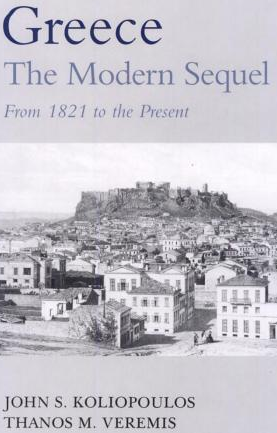
page 256
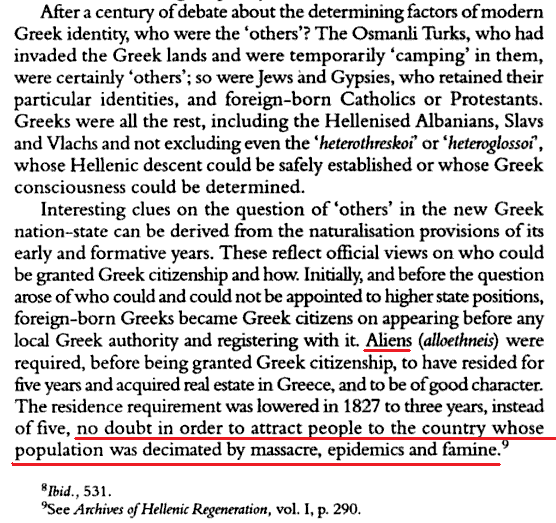
Of course "Aliens were required" in modern "greece". Everyone there in the 1830's was an alien lol.
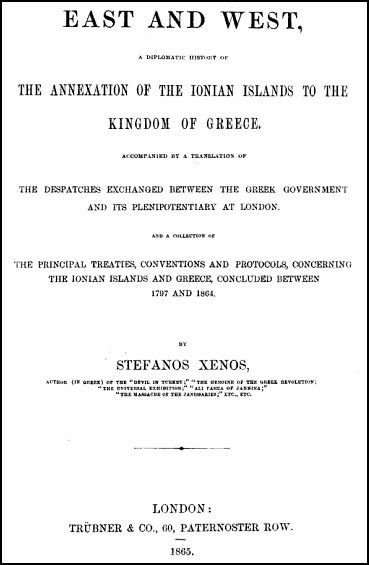
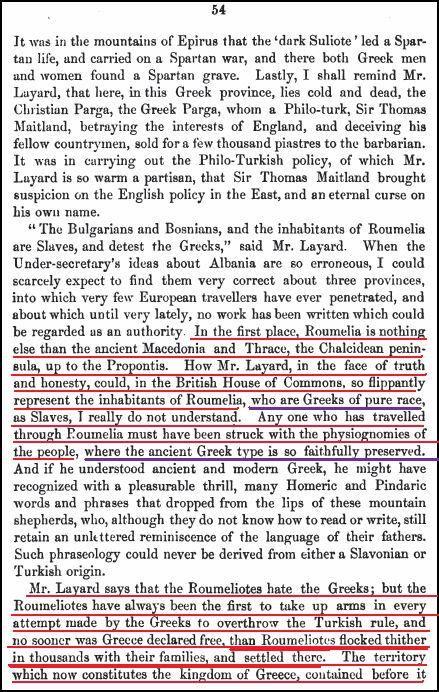
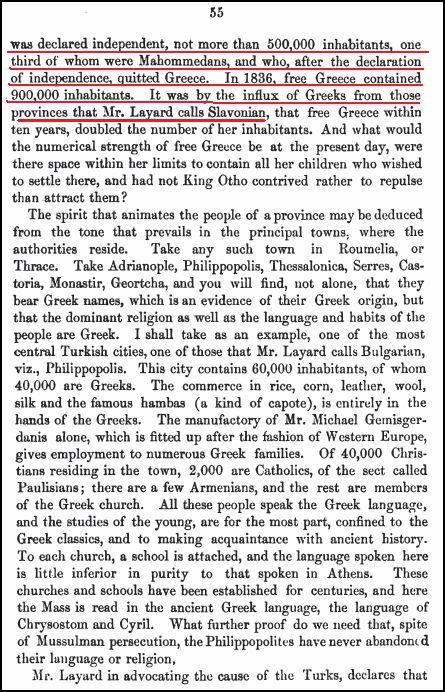


Comment
-
-
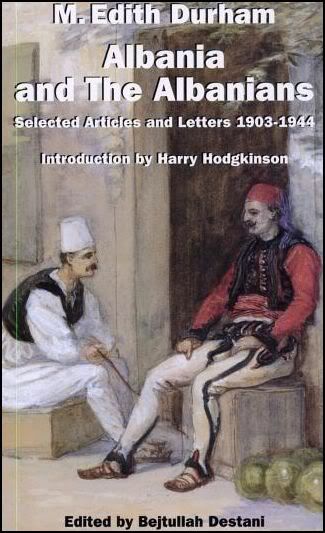
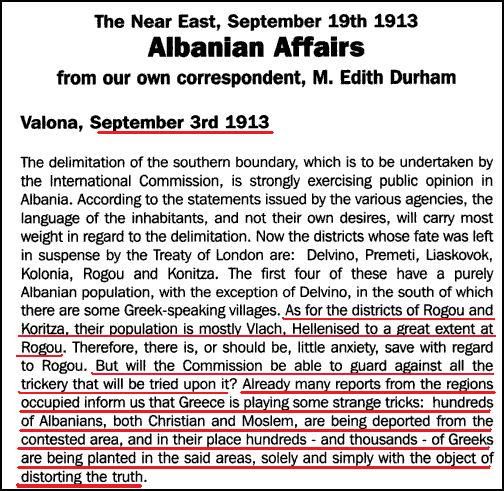
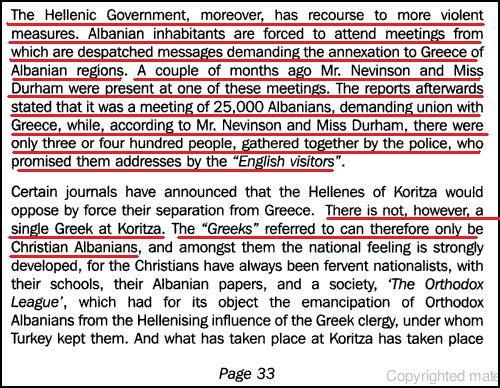
page 34
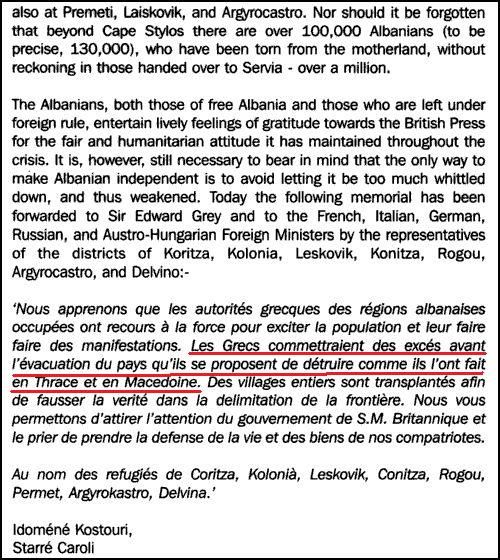
The translation for the French passage above is courtesy of google translate:
'We learn that the Greek authorities of the Albanian regions engaged have used force to excite people and make them do manifestations. The Greeks commit excesses before the evacuation of the country they intend to destroy as they did in Thrace and Macedonia. Entire villages are transplanted to distort the truth in the delimitation of the boundary. We allow you to attract the attention of the Government of His Britannic Majesty and pray to the defense of life and property of our countrymen.
On behalf of refugees from Coritza, Kolonia, Leskovik, Conitzer, Rogou, Allows, Argyrokastro, Delvina. "
This is how ridiculous these people and their forefathers are. The need to dump imposter hellenes in areas they don't belong to make false claims with pseudo-history and then say "Greek for 10,000 years" is the oldest trick in the book.
Comment
-
-
TrueMacedonian, you can also see same bullshit directly from the mouth of Venizoles in the official records of Paris peace conference in 1919.Originally posted by TrueMacedonian View PostThis is how ridiculous these people and their forefathers are. The need to dump imposter hellenes in areas they don't belong to make false claims with pseudo-history and then say "Greek for 10,000 years" is the oldest trick in the book.
Like this one for example;

So, whenever Venizelos criticized by the Italians about his false claims, the only explanation of Venizelos was "Greeks have higher civilization than Albanians, so Albania(Epirus, according to them) should be part of Greece". The usual fantasy called ancient Greece.
Greeks stole western Thrace just like that from Turkey. Half of Thrace has been awarded to them by great powers even tough Greeks wasn't more than 10% in there. Also 90% of the western Thrace was the property of local Turkish people in 1920s. Actually not only Thrace, you know, half of Anatolia has been awarded to them but we were able to kick them out from here but we couldn't from western Thrace.
I already posted PDF version of this book. You can read here;
One book that I read a few months ago was Fred A. Reed's 'Salonica Terminus' and I found it quite revealing as far as the history of Solun and how the Jews were not to pleased to see the "liberators" come in and claim a liberation of Solun from the Turk. The jews in Solun actually had it quite good due to being aLast edited by Onur; 02-10-2011, 02:11 PM.
Comment
-
-
I've read about this already my friendOriginally posted by Onur View PostTrueMacedonian, you can also see same bullshit directly from the mouth of Venizoles in the official records of Paris peace conference in 1919.
Like this one for example;

So, whenever Venizelos criticized by the Italians about his false claims, the only explanation of Venizelos was "Greeks have higher civilization than Albanians, so Albania(Epirus, according to them) should be part of Greece".
Greeks stole western Thrace just like that from Turkey. Half of Thrace has been awarded to them by great powers even tough Greeks wasn't more than 10% in there. Also 90% of the western Thrace was the property of local Turkish people in 1920s. Actually not only Thrace, you know, half of Anatolia has been awarded to them but we were able to kick them out from here but we couldn't from western Thrace.
I already posted PDF version of this book. You can read here;
http://www.macedoniantruth.org/forum...0&postcount=33 - http://www.macedoniantruth.org/forum...t=3841&page=12
- http://www.macedoniantruth.org/forum...t=3841&page=12
Comment
-
-
Now, that hurt my Thracian roots and my great-grandfathers efforts; he was a statesman and Patriarchs exarch (special envoy) in Komotini at late 1800s... I still haven't found what he stated... exactly.Originally posted by Onur View PostGreeks stole western Thrace just like that from Turkey. Half of Thrace has been awarded to them by great powers even tough Greeks wasn't more than 10% in there. Also 90% of the western Thrace was the property of local Turkish people in 1920s. Actually not only Thrace, you know, half of Anatolia has been awarded to them but we were able to kick them out from here but we couldn't from western Thrace.
Look at the map. The final outcome doesn't seem very weird.

Comment
-
-
Populations displayed in eastern Thrace is quite wrong. There are overly exaggerated Greek population in there. In reality, Greeks was so few, not more than 10%. There should be more Bulgarians in both eastern and western Thrace. Also there should be more Turks in Bulgaria, just outside of Thrace. And Salonika has been shown as fully Greek!!! that`s B.S.
It`s also quite funny to see that both German and French ethnography maps puts Hungarians in same category with Turks under the branch "Turanische Ougro-Tatars". Actually this was quite a norm `till WW-2 but this is not politically correct anymore since Hungarians considered as Europeans atm.
Comment
-
-
It might be useful to document every occasion that a proper census of the Macedonian demographic, was turned down or rejected; and to inform readers as to why the results for Macedonian territory for the Greek census of 1920, were destroyed.
Comment
-
-
I found a website which provides an outline of Albania and describes in short its population, economy, peoples, and neighboring countries they inhabit. I do not agree with everything in this website. However for the sake of this topic here is something I did find quite interesting;
 Culture of Albania - history, people, traditions, women, beliefs, food, customs, family, social A-Bo
Culture of Albania - history, people, traditions, women, beliefs, food, customs, family, social A-Bo
History and Ethnic Relations
Emergence of the Nation. Albanians are a native Balkan people, although their exact origin is unclear. The national ideology insists on an unequivocal ethnic relationship with the ancient Illyrians. As little is known about the Illyrians and there are no historical records referring to the existence of the Albanian people during the first millennium C . E ., it is difficult to affirm or deny the relationship. Albanians entered postclassical recorded history in the second half of the eleventh century, and only in this age can one speak with any degree of certainty about the Albanian people as they are known today. In his History written in 1079–1080, the Byzantine historian Michael Attaleiates was the first to refer to the Albanoi as having taken part in a revolt against Constantinople in 1043 and to the Arbanitai as subjects of the duke of Dyrrachium. Similarly, the historian John Scylitzes refers (ca. 1081) to the Arbanites as forming part of the troops assembled in Durrės by Nicephorus Basilacius. It can be assumed that the Albanians began expanding from their mountain homeland in the eleventh and twelfth centuries, initially taking possession of the northern and central coastline and by the thirteenth century spreading southward toward what are now southern Albania and western Macedonia. In the middle of the fourteenth century, they migrated farther south into Greece, initially into Epirus, Thessaly (1320), Acarnania, and Aetolia. By the middle of the fifteenth century, which marks the end of this process of colonization, the Albanians had settled in over half of Greece in such great numbers that in many regions they constituted the majority of the population. Despite these extensive settlements, the Albanians, largely a herding and nomadic people, do not seem to have created any substantial urban centers. There were no noticeable Albanian communities in the cities of the Albanian coast during the Middle Ages. Durrės was inhabited by the Venetians, Greeks, Jews, and Slavs; Shkodra, by the Venetians and Slavs; and Vlorė, by the Byzantine Greeks. It is estimated that a considerable proportion of Albanians were assimilated by the time of the Turkish invasion; in other words, the Albanians had been largely marginalized in their own country. Only during the Ottoman period did they began to settle in towns and acquire some of the characteristics of a nation rather than those of nomadic tribes.Last edited by TrueMacedonian; 09-01-2011, 09:30 AM.
Comment
-

.jpg)


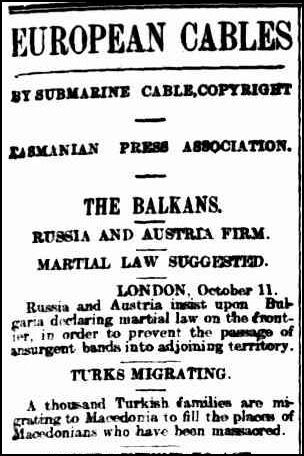
Comment